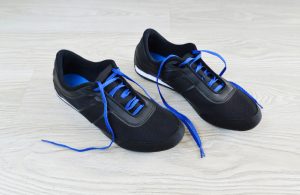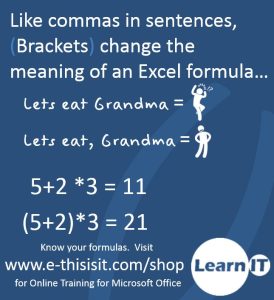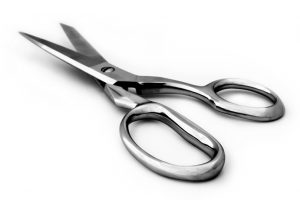
Google is a great tool to quickly find information on the internet, but with millions of websites on the internet, sometimes finding exactly what you need requires more than just typing a few words in the Google search bar.
Google is especially programmed to try and match the best websites with your search terms based on what you have searched and what it knows about you, but if you can’t find what you are looking for, Google has ways you can narrow down your search results. We suggest you review the articles on Google searching in our May 2014 and November 2014 issues.
.png)
Negative words: When you enter a word in the search query, Google presents webpages that contain that word, but you can also add words to your query with a minus symbol in front of them to tell Google not to include any websites that contain that word, for example “New cars -volkswagen” will display webpages related to new cars that do not mention Volkswagen.
a.png)
Search within a specific website: By adding site: followed by a website address, Google will only show you results from that specific website. This is great for searching through a website that might not have a good search feature of its own. You can also use –site: to exclude results from a specific website. Examples: site:sainsburys.co.uk or to exclude a website: -site:wikipedia.org
.png)
Date range: If you are looking up a recent event, such as an accident you saw a few hours ago, do a normal search, such as “accident on m25” and once Google shows you the results, click the “Search Tools” link under the search bar. Click on the “Any time” dropdown list and select “Past hour” or a date range that is relevant to what you are searching for.
.png)
Try a different search term: Sometimes the words you are searching for don’t correctly describe the information you want, which is more likely to happen with technical jargon, like searching for a spare part of a washing machine without knowing the technical name of the part. Read some of the websites you have found to see if they hold any clues as to other words you can use to be more specific.







